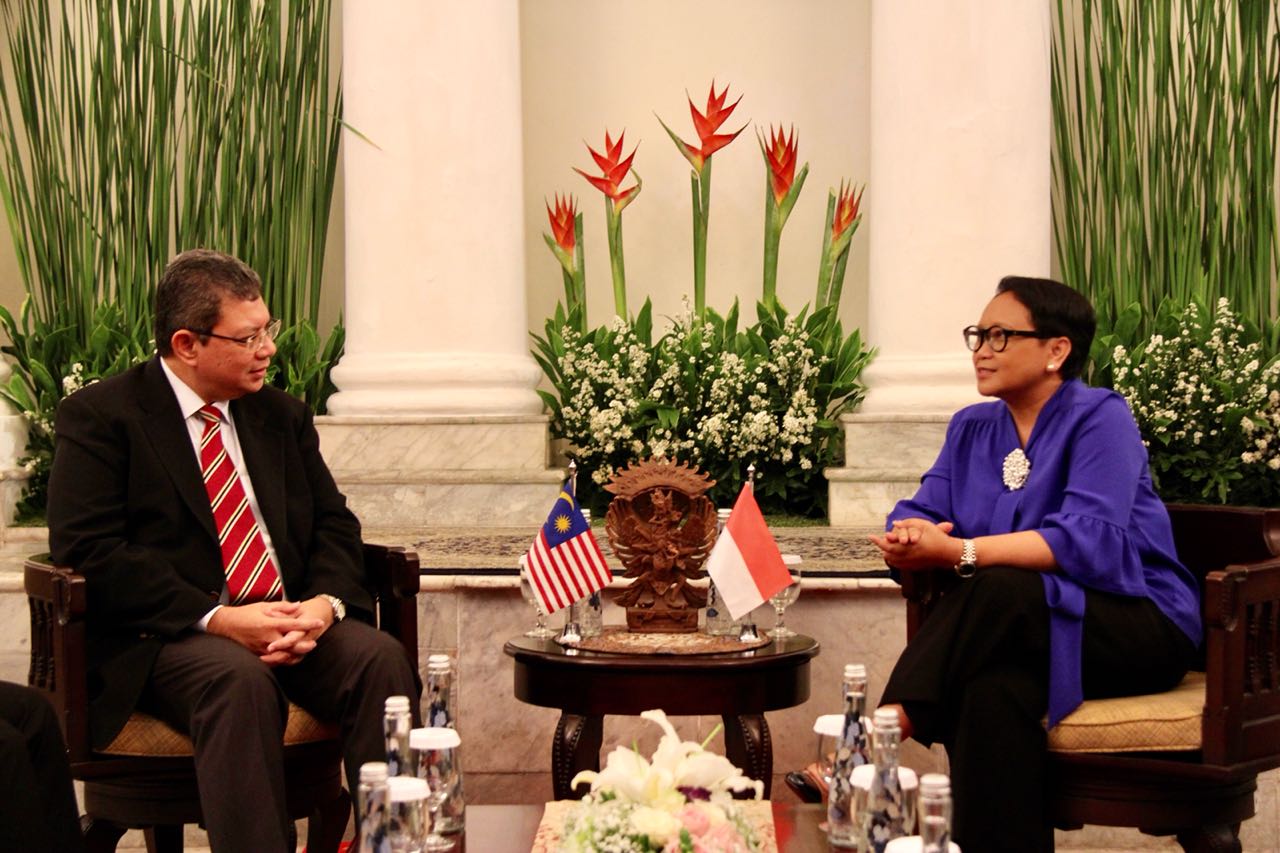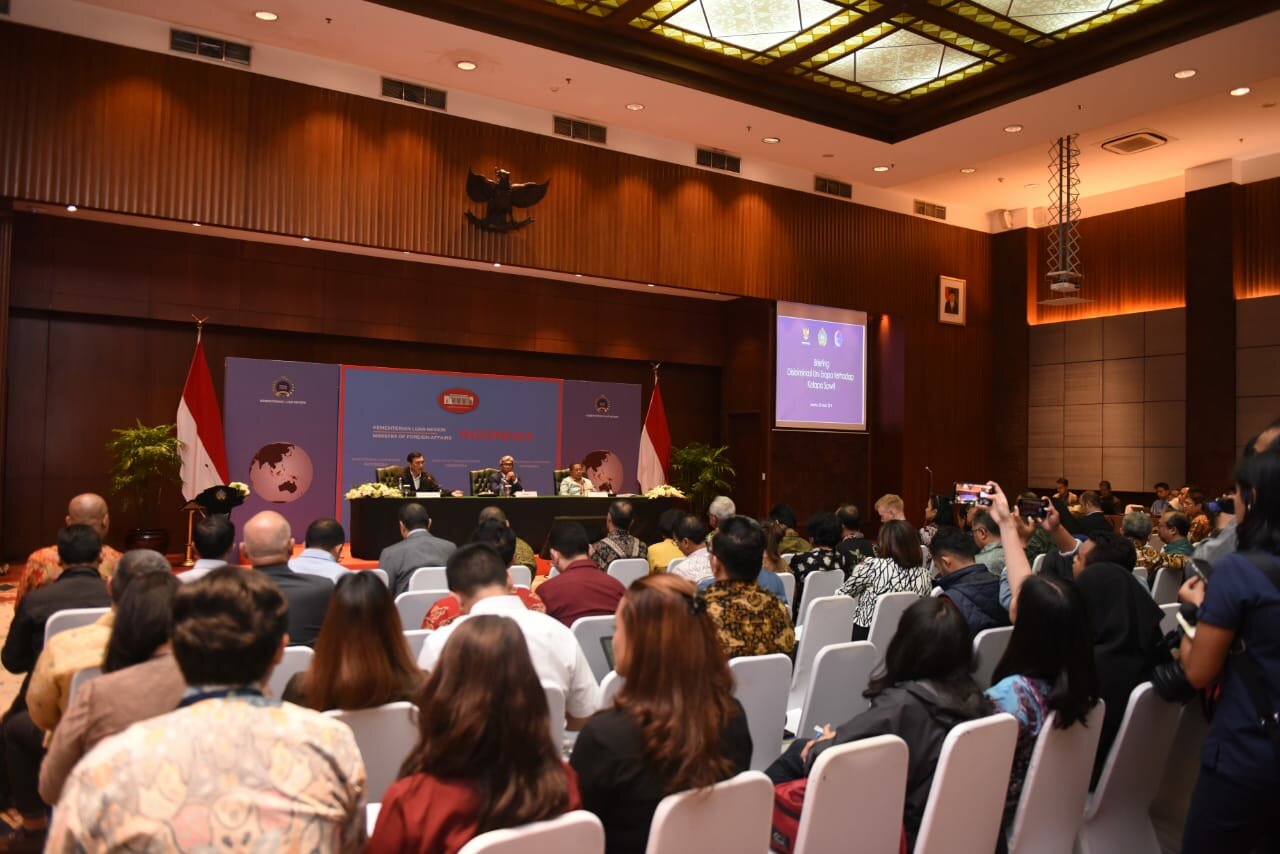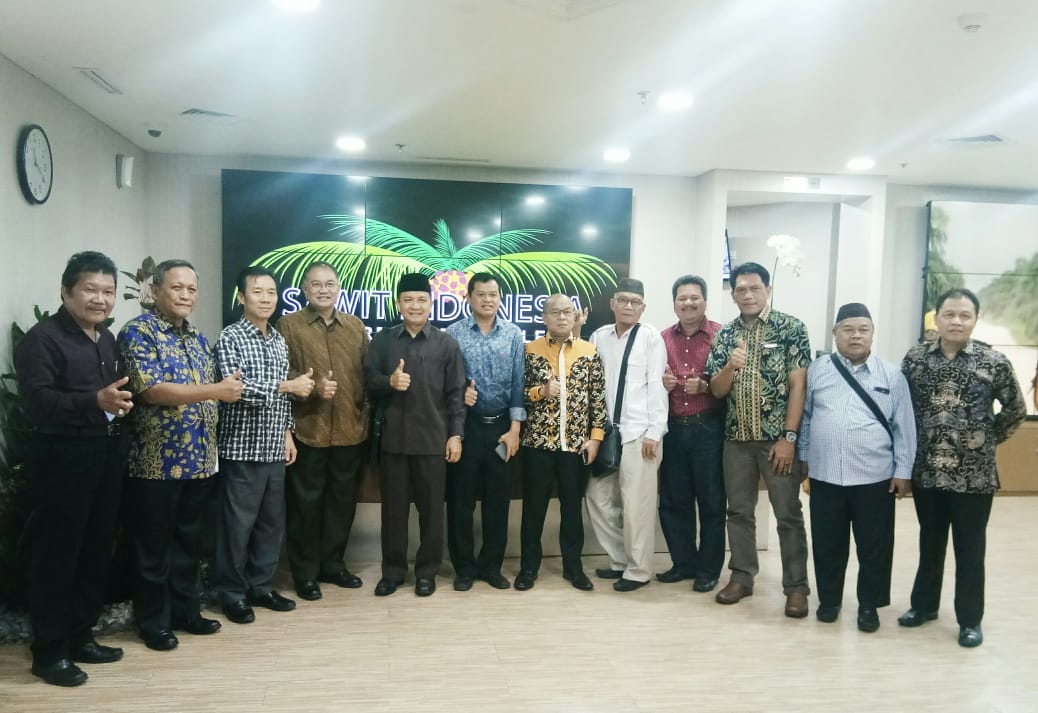Sustainable Palm Oil is a Must for Smallholders
THE GOVERNMENT of Indonesia is expected to speed up implementation of sustainable palm oil at farmers level in response to European Union policy to phase out the use of palm oil in transport fuels from 2030.

THE GOVERNMENT of Indonesia is expected to speed up implementation of sustainable palm oil at farmers level in response to European Union policy to phase out the use of palm oil in transport fuels from 2030.
“EU’s policy brought good news to Indonesia but actions must be taken to develop certified palm oil plantations. Hence, we have to meet EU’s standards concerning forestation and environmental quality," the Indonesian Vegetable Oil Association (GIMNI) Executive Director, Sahat Sinaga, said Tuesday (19/6/2018).
On 14 June 2018, an ambitious political agreement on increasing renewable energy use in Europe was reached between the European Commission, the European Parliament and the Council of the EU (EU Member States). The new regulatory framework includes a binding renewable energy target for the EU of at least 32% by 2030. This means The EU market remains open to palm oil imports. The actions has to take in response to the EU policy.
Government has to clarify which portion of the local people-owned forest may be utilized as oil palm plantations. The issue is important because there have been some disputes when local farmers want to convert their land into oil palm plantation. They sometimes find difficulties to have permit from the Ministry of Forestry.
Sahat suggested government to formalize palm oil smallholders and provide vital assistance such as land titles and capacity building. On the other hand the Ministry of Forestry has to be more transparent in dealing with forestry land issues regarding the palm plantations. ***


































